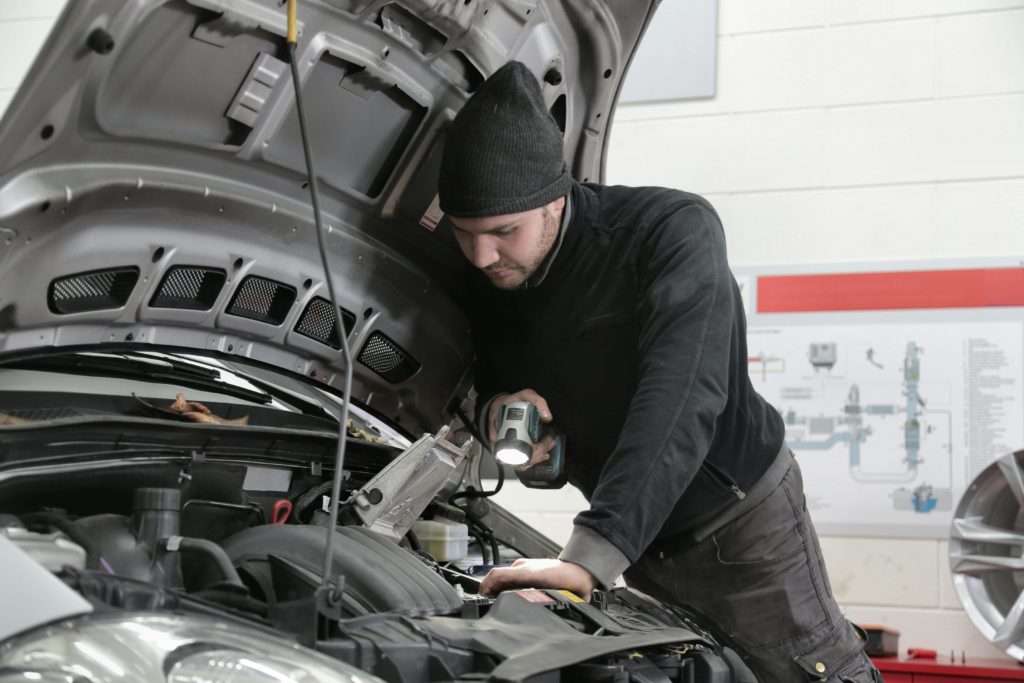Commercial Feature
Protecting Your Investment: Routine Maintenance Parts That Extend Your Car’s Life

A car is a big investment.
Most people will only make bigger ones a few times in their lives. What many don’t think about is how well you care for your car directly affects how long it will last. When you don’t maintain the many small, inexpensive parts on a car, they can break prematurely, leading to major, more expensive repairs and a reduced future resale value. Here, we highlight the parts that matter most.
Why Routine Maintenance Matters
Maintenance work can‘t be simplified by following a checklist. Every single part in the motor needs to face tension. Those are heat, friction, vibration, and dust, which drastically reduce the operator’s service life. A rundown part forces the entire system to execute less efficiently. This can cause a very destructive chain reaction, ultimately resulting in unexpected breakdowns and repair bills that can easily cost hundreds of dollars. Regular checks and on-time replacements can be the most cost-effective option. With a dependable supplier like https://eccoparts.eu/en/, you’ll always find the right parts at a reasonable price.
Key Parts to Maintain
Some components are small and inexpensive, yet their impact is outsized:
- Oil and filters: Ensure your engine always has sufficient lubrication and is free from unwanted impurities.
- Air and cabin filters: Maintain optimal fuel efficiency while also enhancing the air quality around you.
- Spark plugs: Ensure that your engine starts up right away and reduces the risk of malfunction.
- Belts and timing components: Keep all engine parts synchronized to reduce the likelihood of unexpected damage.
- Brake pads and discs: One of the most crucial components for your safety while driving, they must be checked regularly and replaced on schedule.
- Coolant and transmission fluids: Keep the temperature under control at all times while ensuring that every part in motion does not wear out.
How These Parts Extend Vehicle Life
Each of these items, when replaced on schedule, prevents chain reactions of damage. Fresh oil reduces engine wear, clean filters prevent buildup that strains performance, and timely brake replacement keeps calipers and rotors intact. Belts and timing chains are particularly critical: neglect can lead to total engine failure. Together, these relatively low-cost interventions preserve both reliability and resale value.
Smart Approaches to Buying Parts
Being strategic about sourcing makes maintenance affordable and dependable. Always check the difference between OEM and aftermarket components, verify authenticity, and keep receipts for warranty claims. Compare prices online, look out for seasonal discounts, and buy in bundles when possible. Keeping a digital log of past replacements also helps you avoid over-servicing and spot patterns of wear before they turn into problems.
Common Mistakes to Avoid
Drivers often push parts far past their intended life, delay replacements to save money, or opt for the cheapest components available. Others ignore warning lights or skip scheduled services. These shortcuts rarely save money long term; they increase risks, reduce efficiency, and shorten the car’s life. Prioritising genuine parts and consistent servicing is always the smarter route.
Conclusion
Routine maintenance may not feel urgent, but it directly shapes how long your car will serve you reliably. By investing in timely replacements of critical parts, you’re not just preventing breakdowns—you’re preserving performance, protecting safety, and maximising the value of your vehicle.
 Lifestyle / My third year bucket list17 October 2025
Lifestyle / My third year bucket list17 October 2025 Arts / Why Cambridge’s architecture never lives up to the ‘dark academia’ dream 17 October 2025
Arts / Why Cambridge’s architecture never lives up to the ‘dark academia’ dream 17 October 2025 News / How much does your college master earn?17 October 2025
News / How much does your college master earn?17 October 2025 News / University submits plans to build 3,800 new homes19 October 2025
News / University submits plans to build 3,800 new homes19 October 2025 News / Cambridge University Press says reform needed ‘to secure future of academic publishing’19 October 2025
News / Cambridge University Press says reform needed ‘to secure future of academic publishing’19 October 2025





